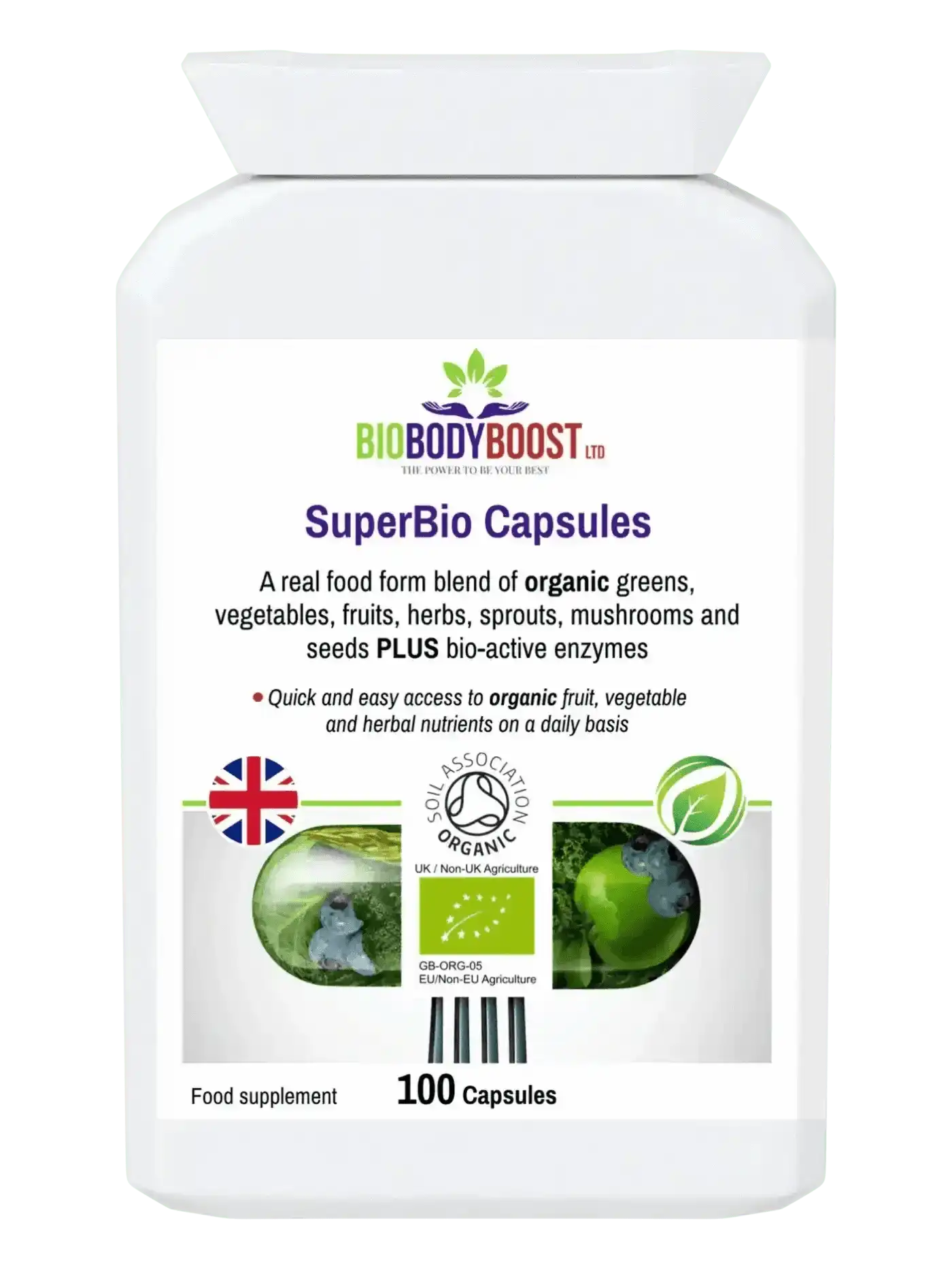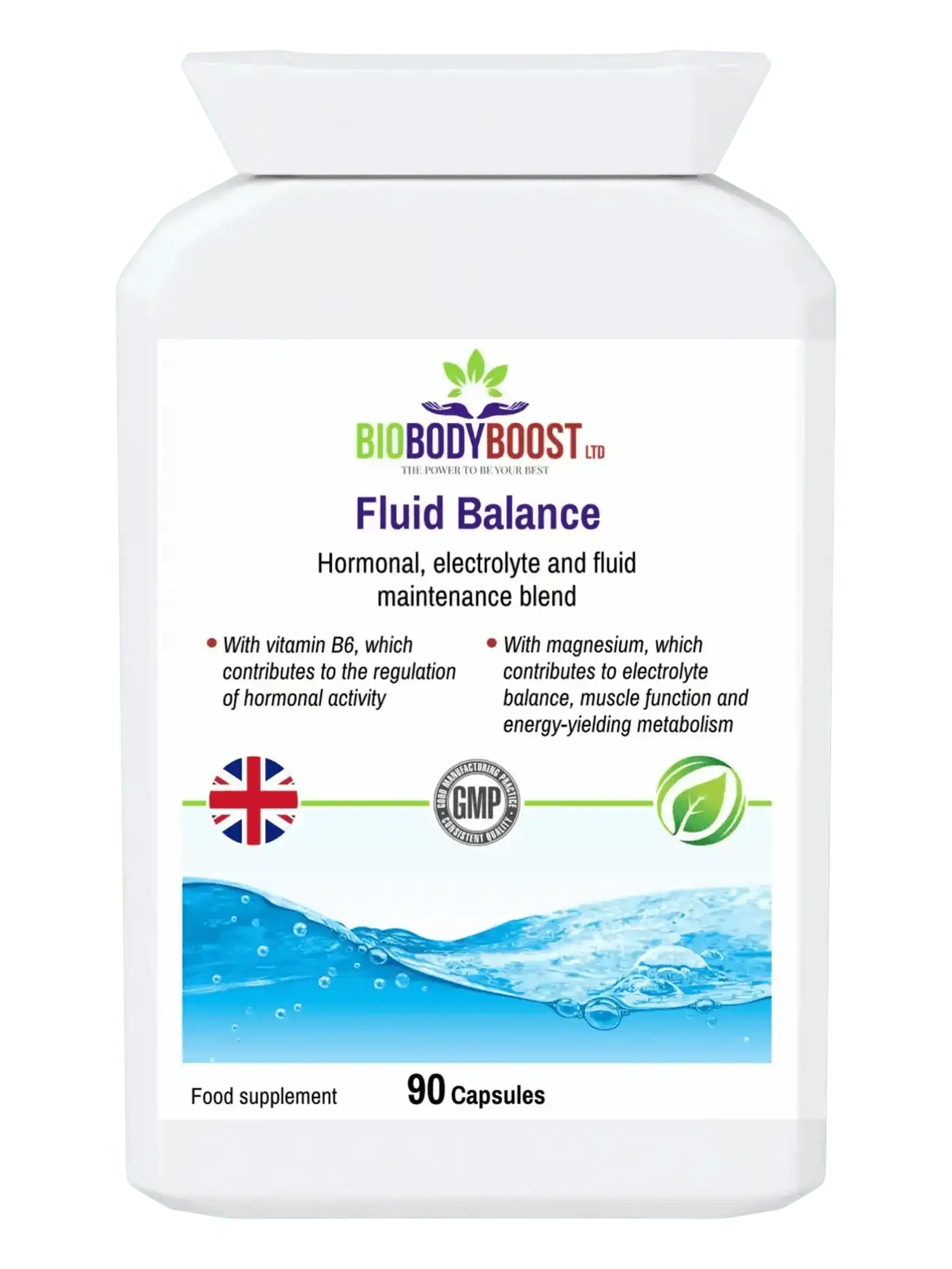In recent years, omega-3 fatty acids have gained substantial attention for their potential role in bolstering heart and brain health. Often sourced from fish, algae, and certain plant oils, omega-3s are essential nutrients that our bodies do not produce autonomously. As such, they must be ingested through our diet or supplements. Here, we explore how omega-3s can be beneficial for heart and brain health, along with suggested ways to ensure adequate intake.
What Are Omega-3 Fatty Acids?
Omega-3 fatty acids are a type of polyunsaturated fat considered essential for human health. Three primary omega-3 fatty acids include:
- Eicosapentaenoic acid (EPA): Found primarily in fish and some algae.
- Docosahexaenoic acid (DHA): Also found in fish and algae, DHA is a crucial structural component of your brain, retina, and various other body parts.
- Alpha-linolenic acid (ALA): An omega-3 found in plant oils, such as flaxseed, soybean, and canola oils. The body can convert ALA into EPA and DHA, although the conversion rate can be low.
Heart Health Benefits
1. Supports Heart Function
Omega-3s are well-documented for their positive impact on heart health. Consuming omega-3s has been linked to a reduction in triglyceride levels, which, when elevated, are associated with an increased risk of heart disease. They also help lower blood pressure, especially in individuals with hypertension.
2. Reduces Risk of Heart Disease
Regular intake of omega-3s may also help mitigate the risk of heart disease. Omega-3s have anti-inflammatory properties, which can prevent the chronic inflammation known to be a precursor to heart disease. Moreover, by improving heart rhythm and reducing the risk of thrombosis (blood clots), omega-3s contribute to a healthier circulatory system.
3. Enhances Overall Cardiovascular Health
Omega-3s contribute to increased levels of good cholesterol (HDL) which supports the overall function of the cardiovascular system. They also aid in the prevention of arterial plaque, thus ensuring the arteries remain free from blockages and maintain their natural elasticity.
Brain Health Benefits
1. Supports Cognitive Function
Omega-3 fatty acids, especially DHA, play an essential role in maintaining brain health. They are integral to building brain membranes and cells, which supports nerve communication. Consistent intake of DHA-rich diets has been linked to better memory and improved cognitive function as we age.
2. May Reduce Risk of Cognitive Decline
There is growing evidence to suggest that omega-3s may have protective effects against neurodegenerative diseases. Studies have shown that higher omega-3 intake is correlated with a lower risk of diseases such as Alzheimer's, potentially due to their anti-inflammatory properties that protect brain cells.
3. Enhances Mood and Emotional Health
Besides cognitive benefits, omega-3s are also associated with emotional well-being. Several studies suggest that omega-3 supplementation can help reduce symptoms of depression and anxiety, providing a natural means to support mental health.
How to Ensure Adequate Intake of Omega-3s
Dietary Sources
Embracing a diet rich in omega-3s is a practical first step. Incorporate the following foods:
- Fatty Fish: Such as salmon, mackerel, and sardines, which are high in EPA and DHA.
- Nuts and Seeds: Flaxseeds, chia seeds, and walnuts are all excellent sources of ALA.
- Plant Oils: Flaxseed oil, canola oil, and soybean oil can provide a good dose of ALA.
Omega-3 Supplements
For those struggling to get enough omega-3s through diet alone, supplements can be a viable option. They come in various forms, such as fish oil, krill oil, and algae oil supplements, suitable for vegetarians and vegans.
When selecting a supplement, consider quality and potency. Look for reputable brands and consult healthcare providers to determine the correct dosage for your specific health needs.
For a balanced and nutritious supplement option, consider the Shake Me Up Vegan Chocolate Meal Shake available at BioBodyBoost. This meal shake supports overall wellness and can be a convenient way to incorporate plant-based nutrition into your diet.
Conclusion
Ensuring adequate intake of omega-3 fatty acids can provide significant long-term benefits for both heart and brain health. By focusing on a diet rich in omega-3s and considering quality supplements when necessary, individuals can promote cardiovascular health, support cognitive function, and enhance emotional well-being. Explore more ways to boost your health on BioBodyBoost.
Remember, maintaining a balanced lifestyle that includes omega-3s as a part of a wholesome diet can play a pivotal role in sustaining a healthy heart and a sharp mind. Always consult a healthcare professional before making significant changes to your supplement routine to ensure it's suited to your health needs.








0 comments